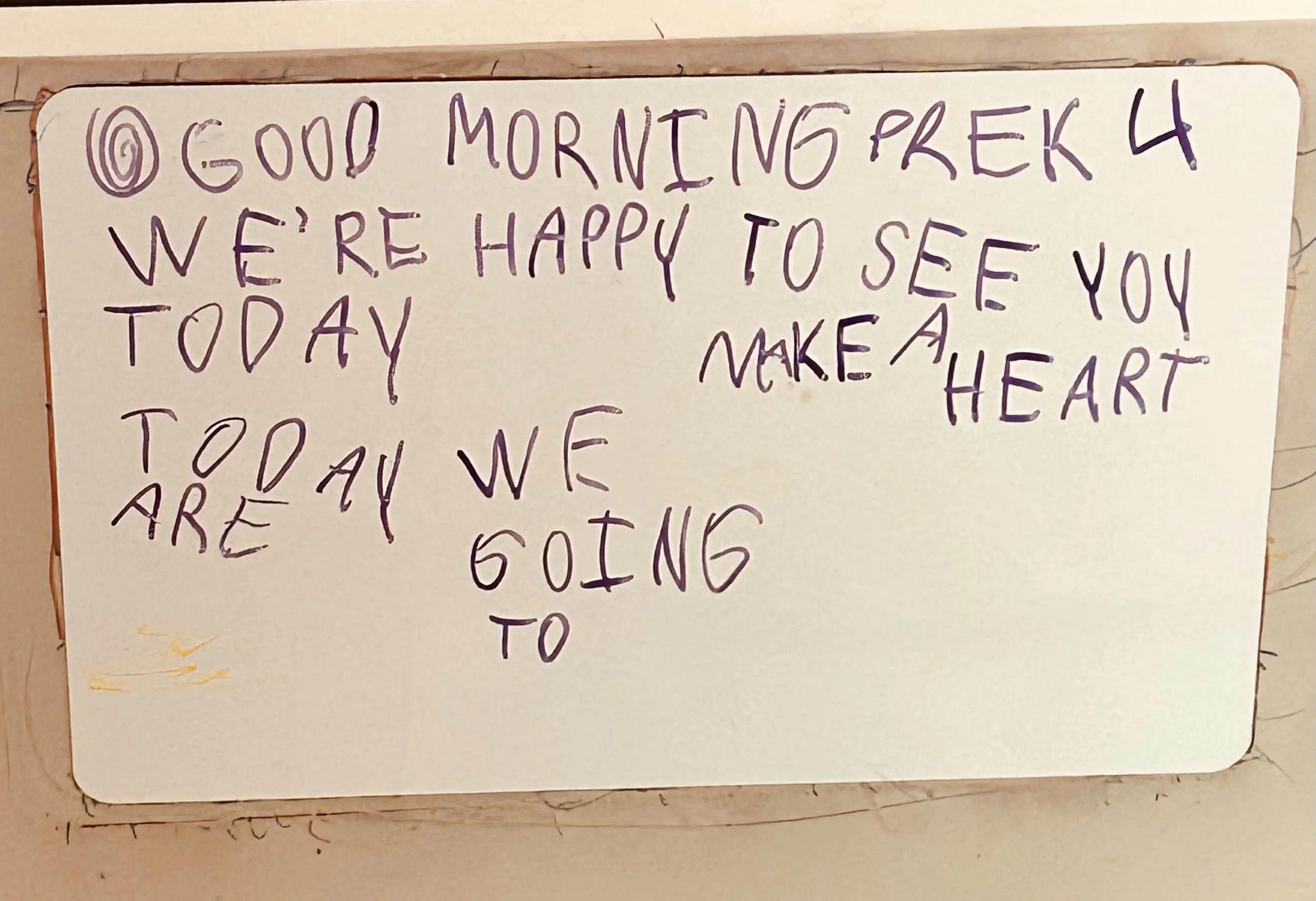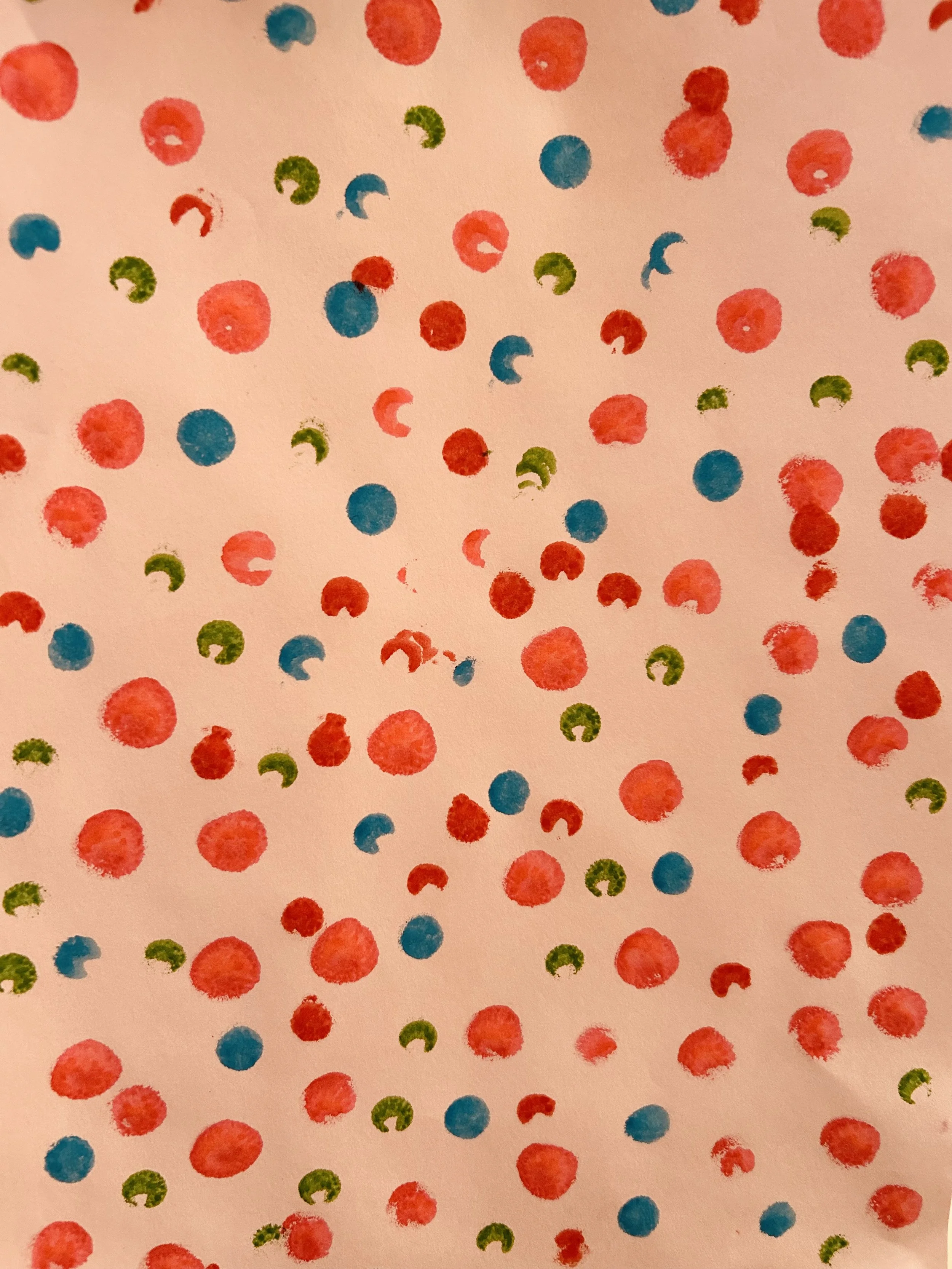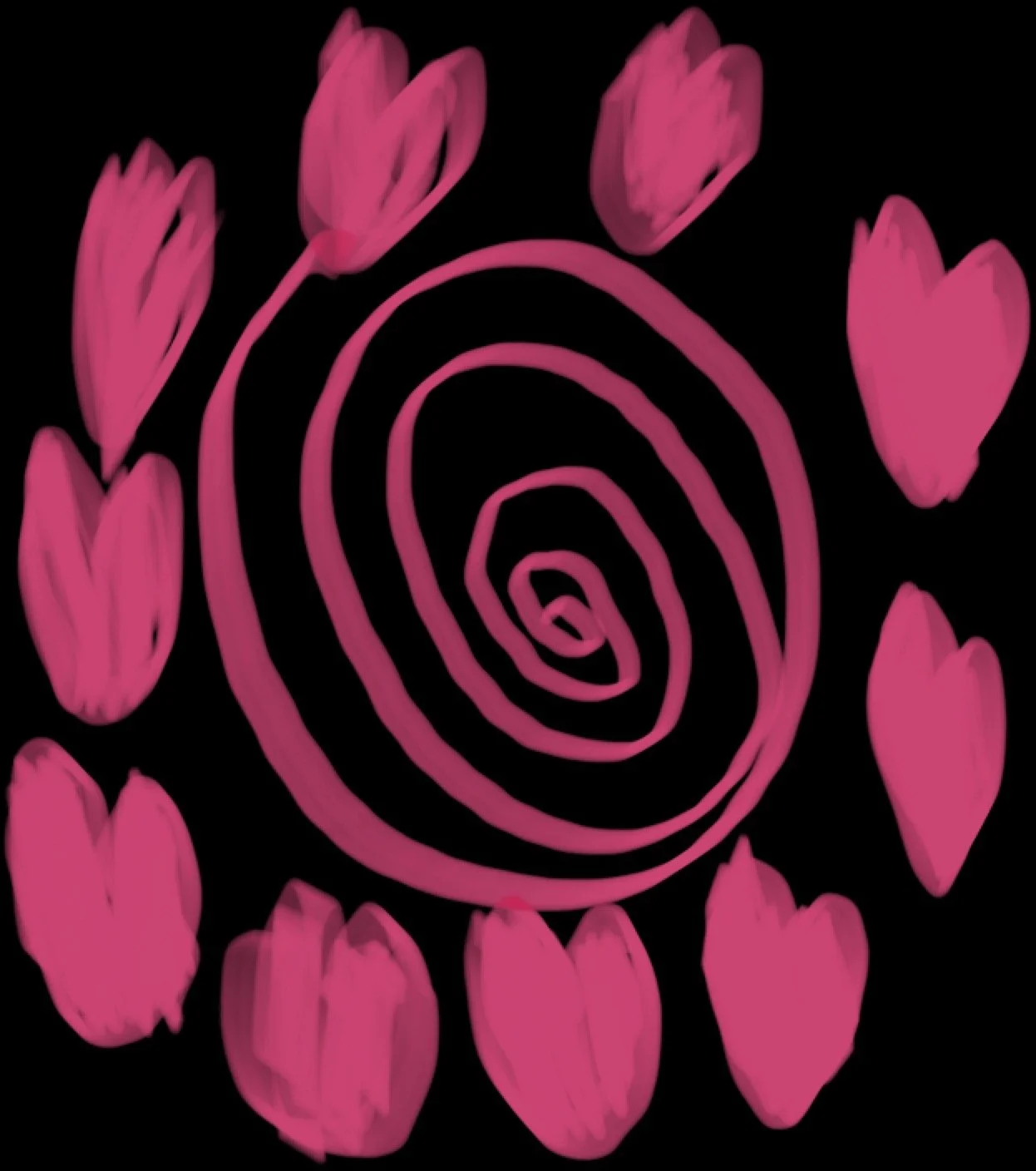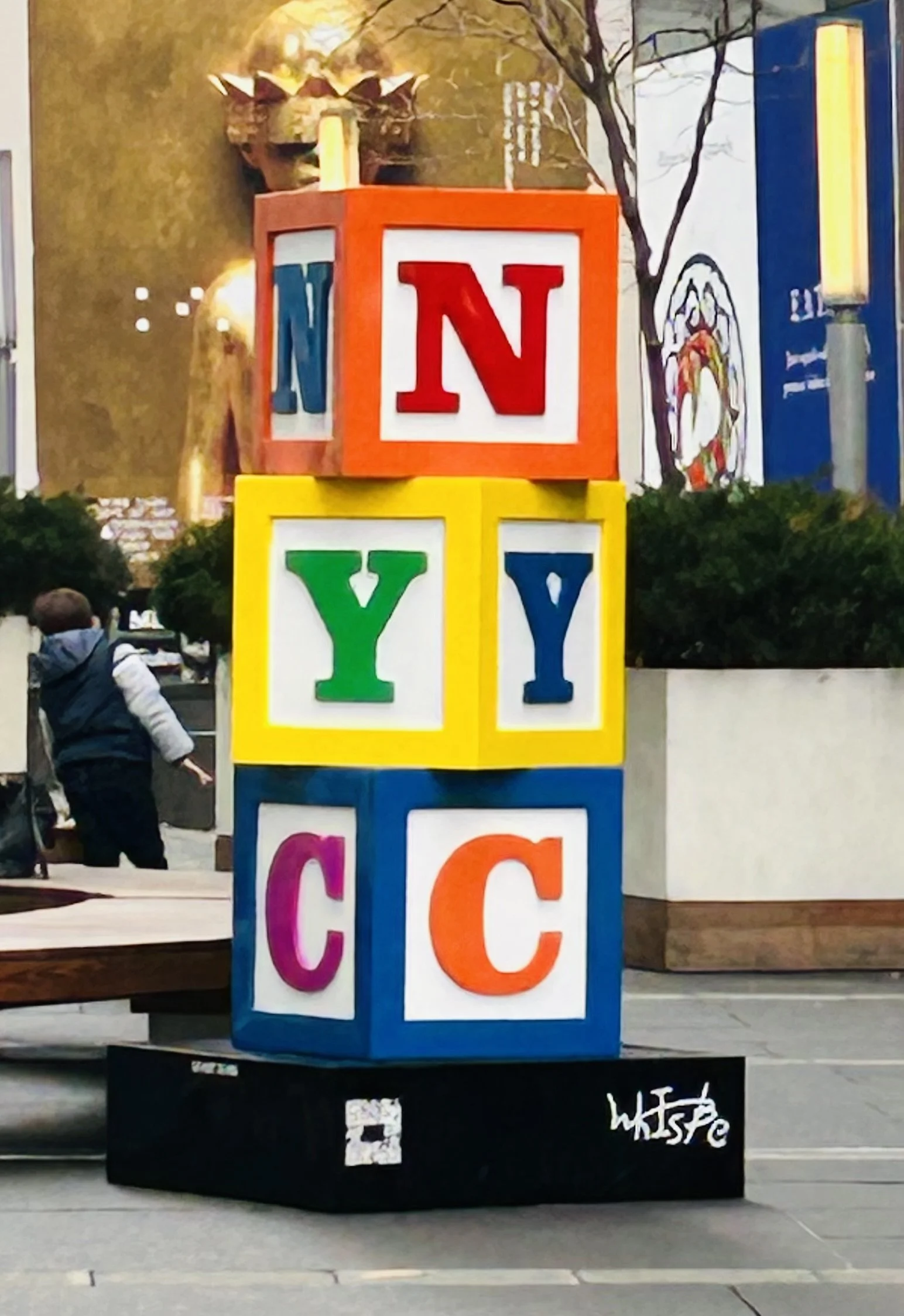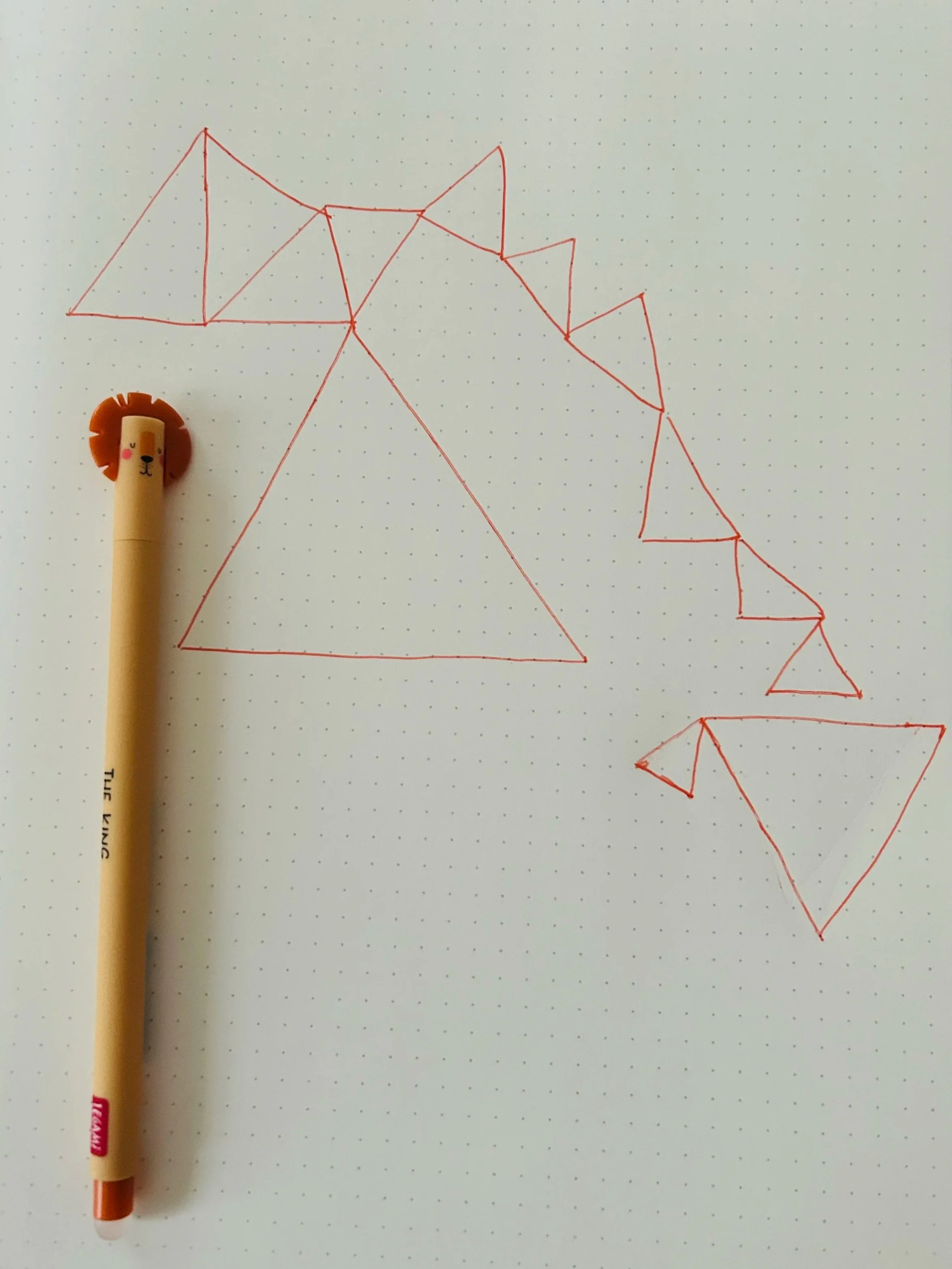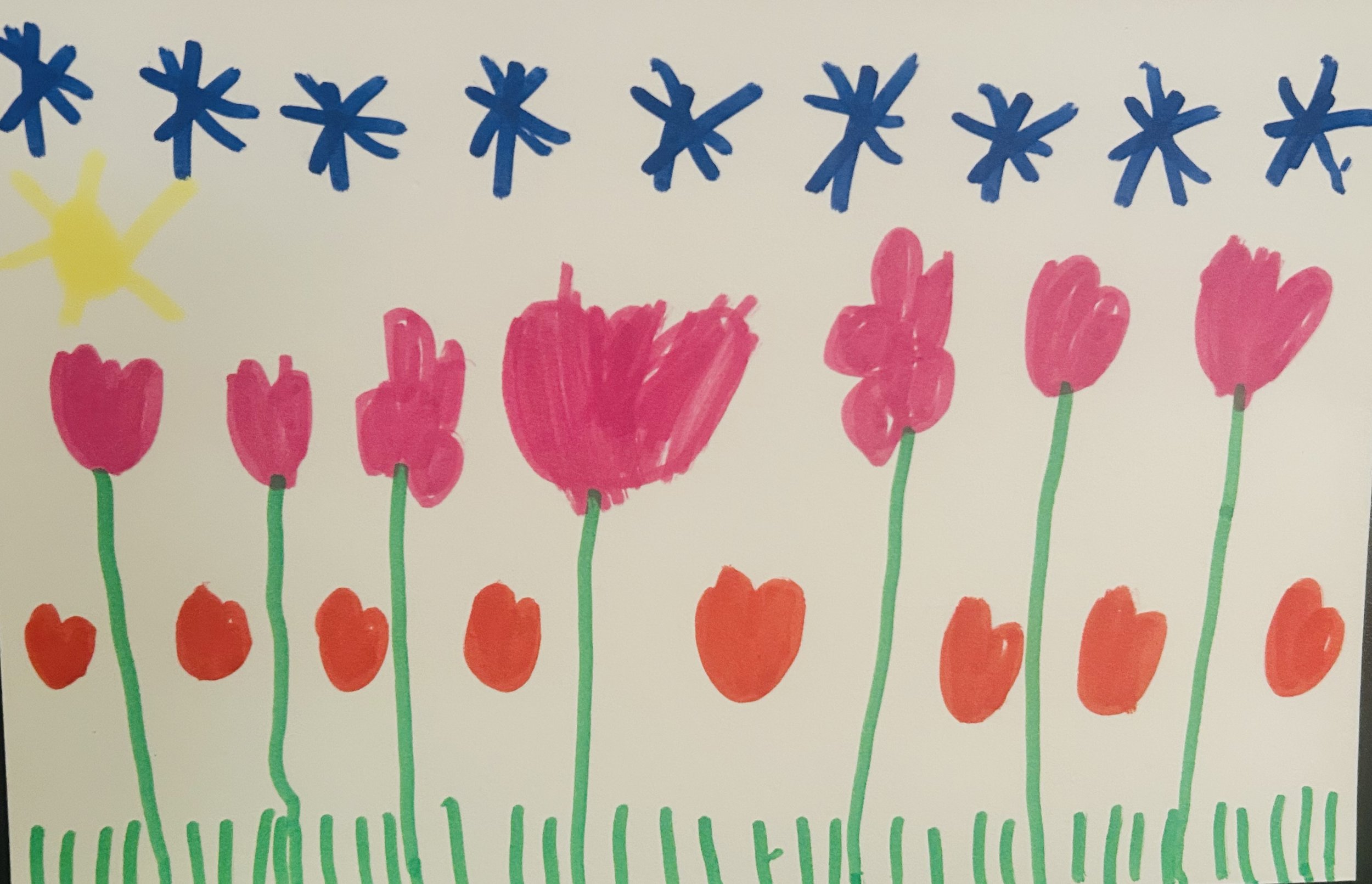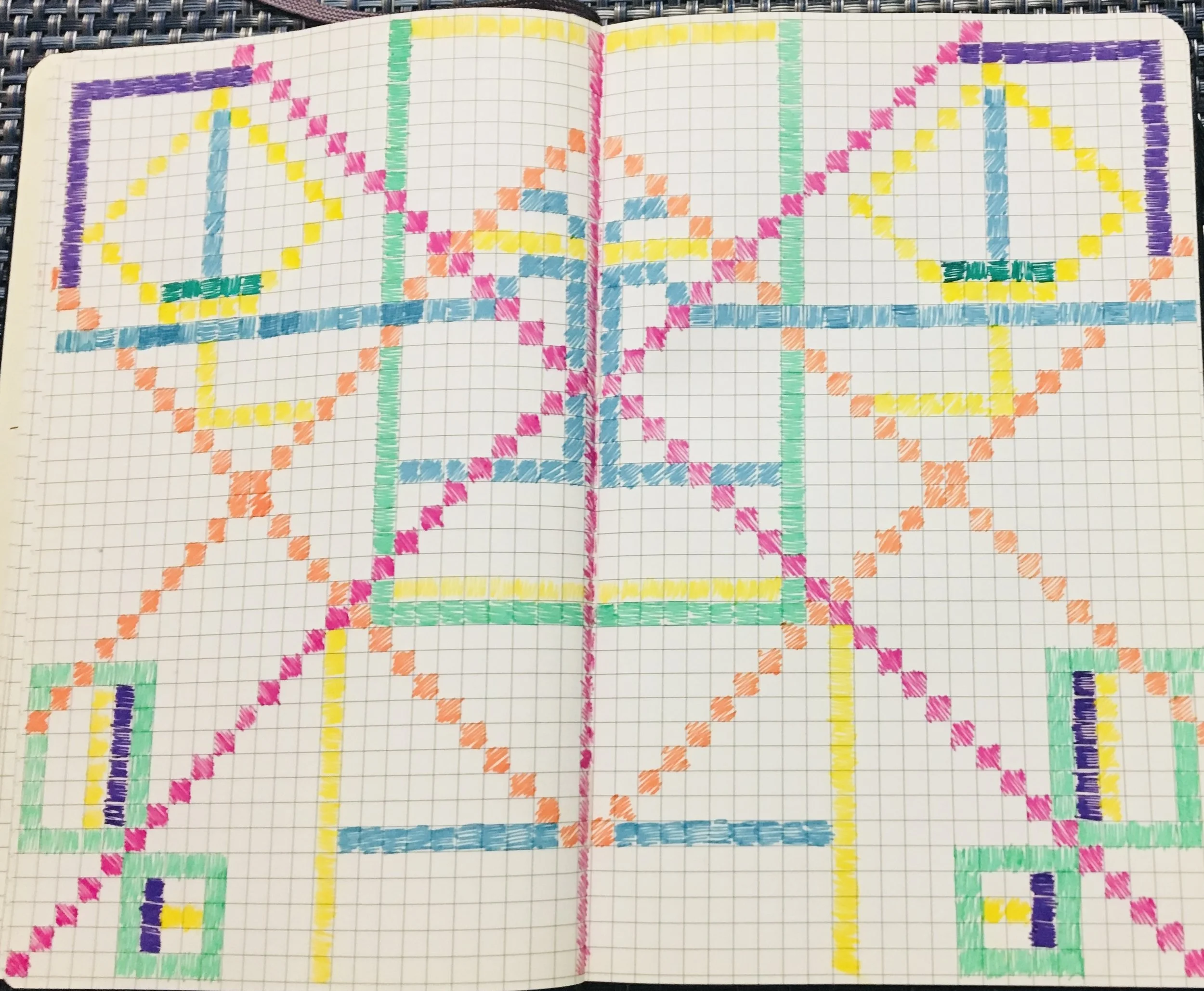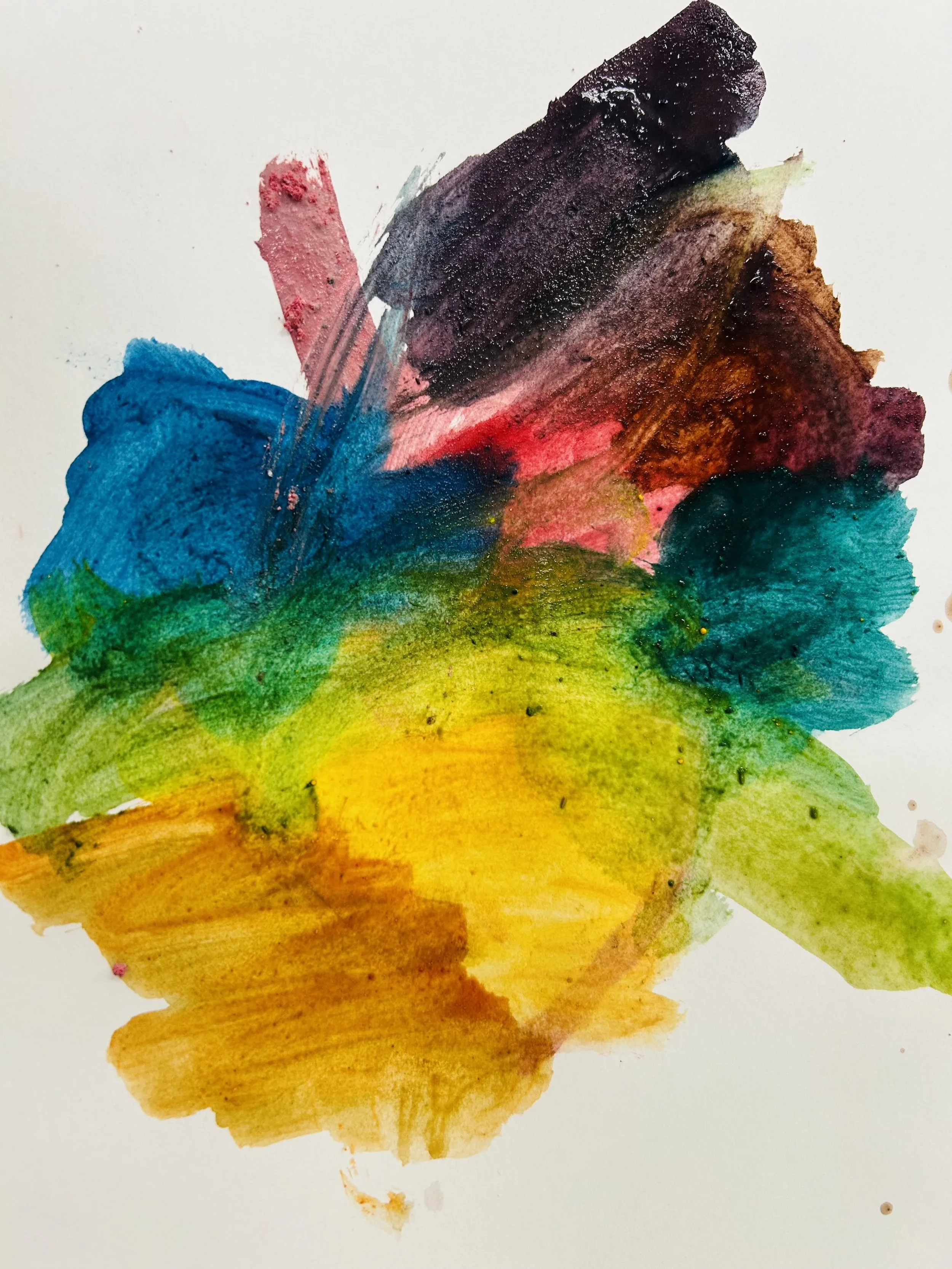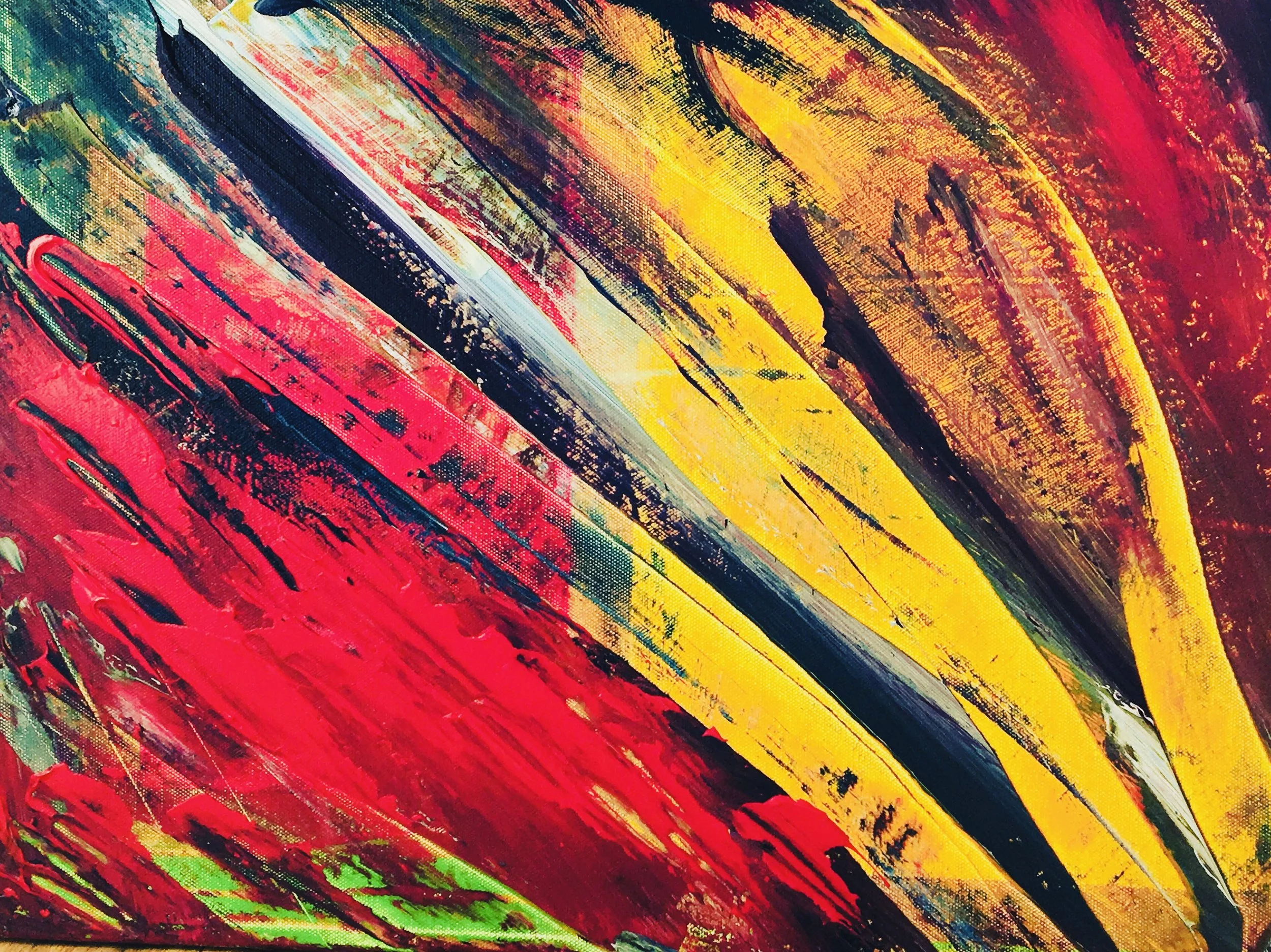
Self-Study in Practice
Where self-awareness meets systems thinking
What's Emerging at the Edges: An Inquiry Into Early Childhood Education Practice Architectures
An inquiry into practice architectures shaping teacher knowing across traditional and nontraditional early childhood learning environments. Universal design teaches us to design from the margins—what might emerging models reveal about conditions that enable responsive practice everywhere?
UDL as Essential Infrastructure: Designing Practice Architectures Beyond Verbal Fluency
When verbal fluency functions as the primary gate to professional participation, whose knowledge stays invisible? This post examines how Universal Design for Learning principles can be intentionally designed into practice architectures across higher education, professional development, and school-based collaboration
Building Family-Professional Partnership Infrastructure from the Start
NYC's billion-dollar investment in 2-Care can solve affordability or it can provide early childhood education that supports children's development and parents' ability to work—the difference is partnership infrastructure. This post draws on decades of research to show what partnership infrastructure requires and why it must be budgeted from the start.
Building Educator Capacity for Responsive Care: Infrastructure Recommendations for NYC’s 2-Care Implementation
NYC's 2-Care expansion is a historic investment in young children and their families. This brief explores what becomes possible when we build infrastructure that develops educator capacity through reflective supervision, learning communities, and partnership structures that position practitioners as knowledge-holders.
Finding Ground: From Reactive Accommodation to Conscious Positioning
Traditional professional development focuses on practice and competencies while skipping over the person. This post explores what happened when I applied contemplative mapping to understand my own pattern of reactive accommodation—using neuroscience, Buddhist practice, and a playground moment with my daughter to find ground.
What Makes Policy Sustainable? Practice Architectures for NYC's Early Childhood Expansion
NYC's new administration has named what matters: sustaining educators, seeing students as whole people, authentic partnership. But naming commitments and building the infrastructure to sustain them are different challenges. What does it take to build practice architectures that make policy sustainable?
A Return to Running
My first practice mapping is live: returning to running after a long break.
It's about how containment (not willpower) cultivates ease, and why the mundane barriers matter more than technique ever did.
When Life Becomes the Practice: A Reflection on Continuation
My first application of contemplative mapping didn't go as planned. Family loss reshaped what practice could look like, revealing a gap in the framework and raising questions about how practitioners' embodied practices shape the relational climate children need
On Self-Knowledge: A Framework for Mapping Moving Meditations
Can data science help us understand contemplation at scale? Before answering, I need groundwork - systematically mapping my own practices through a framework that honors both embodied knowing and methodological rigor. This post establishes that framework.
Before I Can Study Contemplation Through Data Science: Rebuilding Embodied Infrastructure
Last week I gave a presentation in my data science class asking whether computational methods could capture contemplative transformation in teachers. But as I prepared it, something else surfaced: I can't study contemplative observation without doing it myself.
In the Liminal Space: Self-Compassion When Systems Fail
Last week I shared a blog piece about life mapping my educational journey—drawing the tenure track as a jail. Today, I'm sharing an article about reclaiming my voice and journey by learning to say my own name.
"The Myna Bird Knows Her Name" (original title: In the Liminal Space: Self-Compassion When Systems Fail) has been published in Lion's Roar Magazine's Bodhi Leaves section—exploring how mispronunciation and marginalization became invitations to reclaim voice, and how liminal spaces became training grounds for practice.
Life Mapping My Faculty Experience
In January 2022, while building reliability for our PreK inclusion study, I drew my first life map. I drew the tenure track as a jail—black and white, with vertical pillars.
The discomfort was so immediate that I drew a second, safer version to share with teachers. I was asking participants to be vulnerable about their educational journeys while hiding my own.
Three years later, I'm sitting with what that first map revealed about researcher positionality and the ecology of institutions of higher education.
The Data That Waited: What 272 Teachers Taught Me About Invisible Networks
What 272 teachers taught me about invisible infrastructure
Designing With, Not For: What Becomes Visible From Liminal Spaces
Liminal spaces—those thresholds where you never quite belong—aren't just places of struggle. They're sites of insight that reveal what institutions miss when they only measure what's familiar.
What becomes possible when we design with people from liminal spaces rather than for them?
Building Relational Infrastructure: Questions for a Moment of Transition
EI/ECSE faces devastating federal cuts that demand our fierce attention and action. What if we centered relational infrastructure as we work to protect, strengthen, and rebuild?
A Note of Dedication
This practice and website are dedicated to my daughter. She is only four, but she has already been my greatest teacher—showing me in real-time what I've known in my bones but couldn't quite articulate since I was a little one myself.
Let’s Talk
I partner with learning-focused organizations using contemplative mapping approaches that integrate data collection with systematic observation to reveal the relationship patterns and institutional dynamics shaping collaboration and support—from early childhood programs and schools to professional development providers and community-based learning initiatives.
If you're curious whether this approach might offer you insights, I'd love to learn more about what you're working on.
